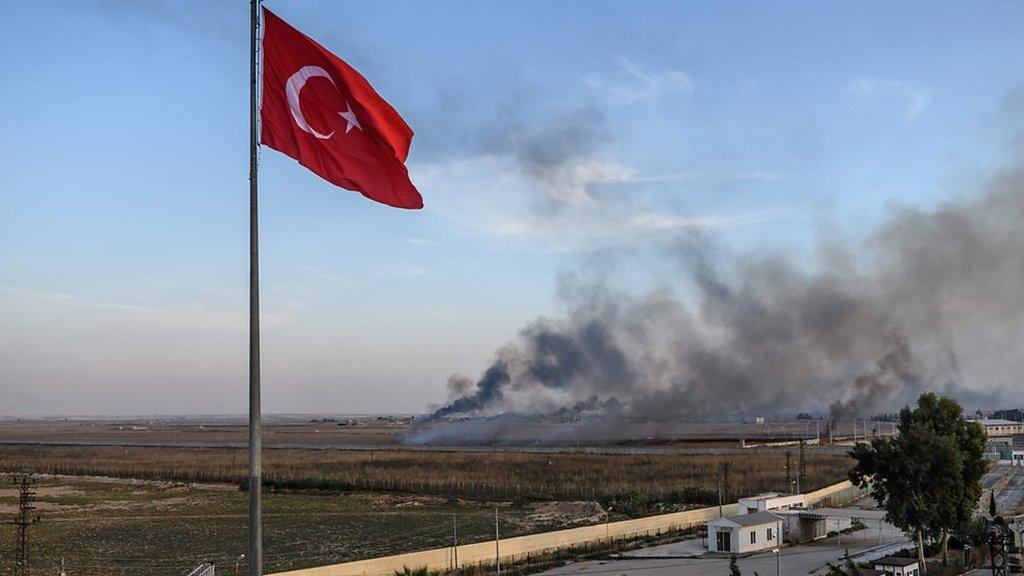Iran execution of Heidar Ghorbani sparks rare anti-government protest
- Published
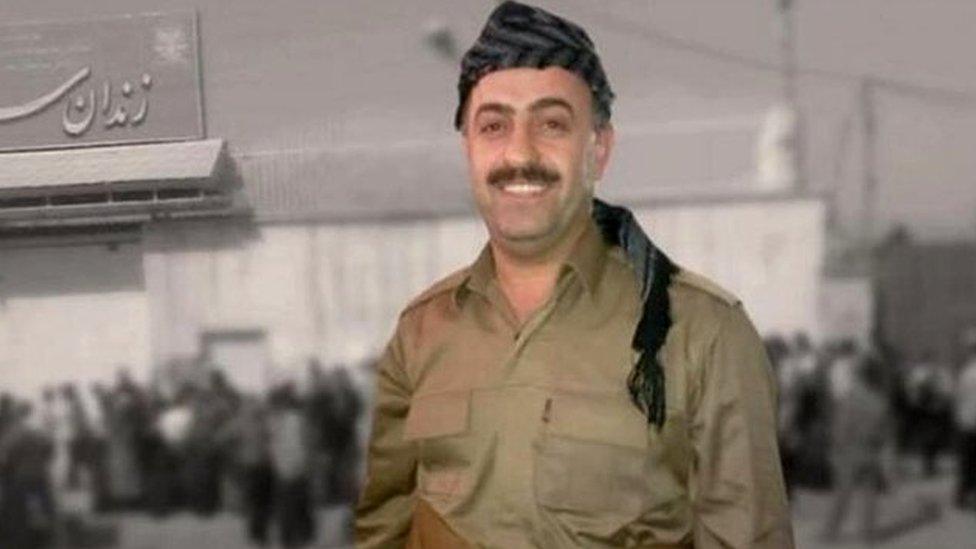
Heidar Ghorbani's death sentence had led to several social media campaigns calling for a retrial
In a rare public display of defiance in Iran, protesters have shouted anti-government slogans outside the home of a Kurdish man who has been executed.
Crowds gathered in Heidar Ghorbani's hometown of Kamyaran, in Kurdistan province, calling him a martyr.
Ghorbani, who was 48, was convicted of the murder of three people linked to Iran's elite Revolutionary Guard Corps.
But he had denied any connection with the killings, and human rights groups said he was a political prisoner.
Ghorbani was also found guilty of being a member of an exiled armed opposition group - the Democratic Party of Iranian Kurdistan (PDKI) - that fights for greater autonomy for Iran's Kurdish community.
He was executed at Sanandaj prison in north-western Iran on Sunday.
Iranian social media users had held several campaigns against his death sentence this year, after the Supreme Court upheld the verdict.
Human rights groups claim his conviction was based on questionable evidence gained under torture and that he had allegedly been denied a lawyer during the investigation.
In September, the United Nations urged Iran not to go ahead with the execution, external and to repeal his death sentence.
UN human rights experts said it was "troubling that courts continue to issue death sentences in trials that not only breach international fair trial standards, but even domestic law and due process guarantees".
Amnesty International had also called on Tehran to "quash his sentence and grant him a fair retrial".
Iran has carried out more executions annually in recent years than any other country except China.
Amnesty International estimates, external that at least 246 people were executed in Iran in 2020, and says the country increasingly uses the death penalty "as a weapon of political repression against dissidents, protesters and members of ethnic minority groups."
Related topics
- Published12 December 2020
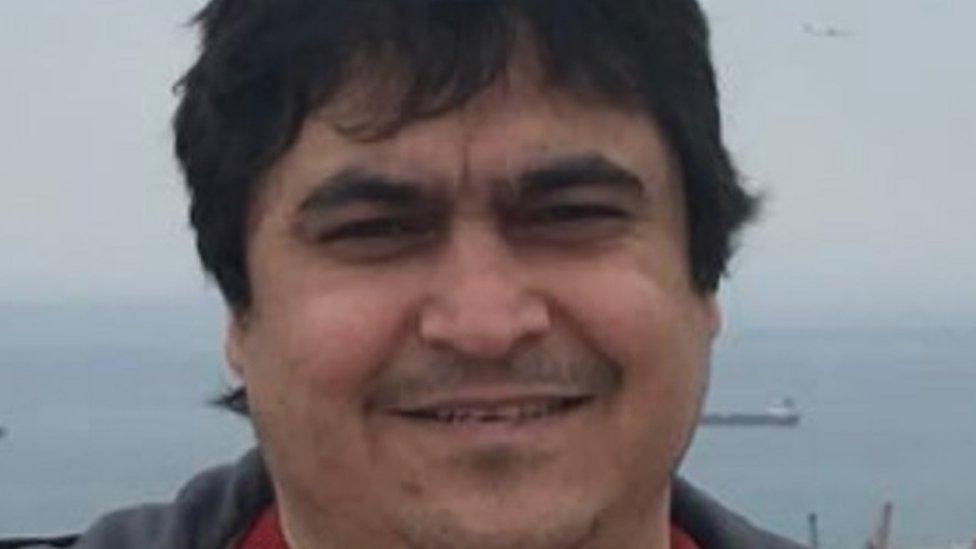
- Published25 January 2024
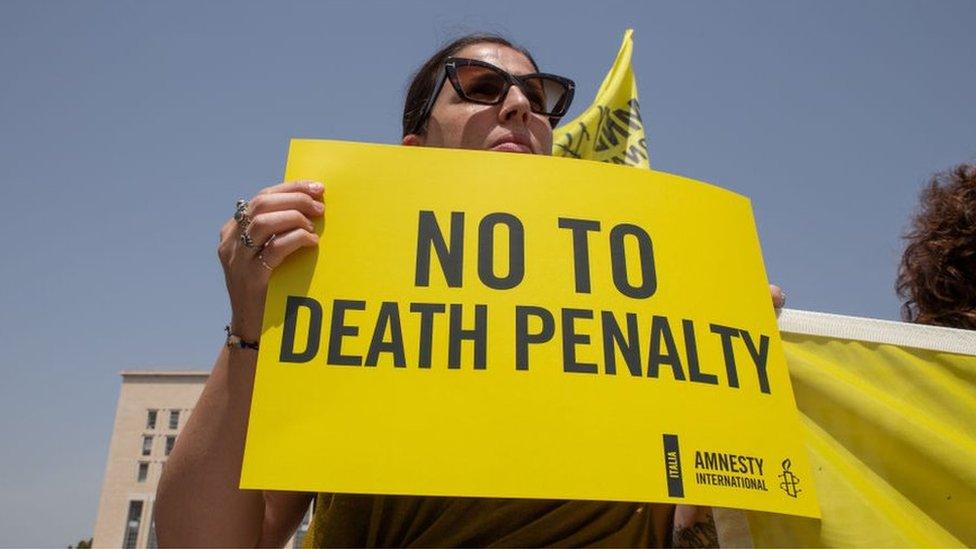
- Published21 April 2021
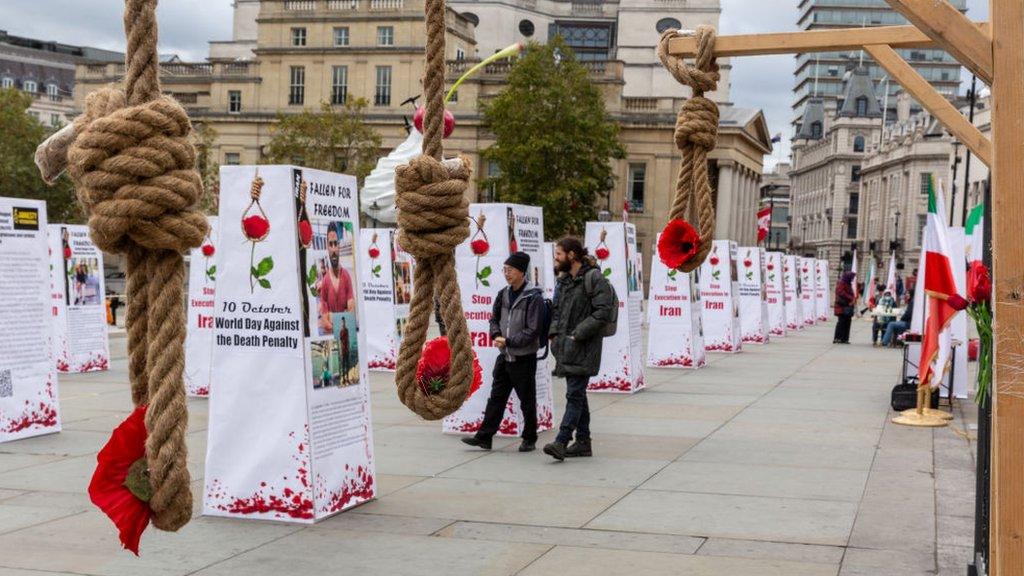
- Published3 January 2020
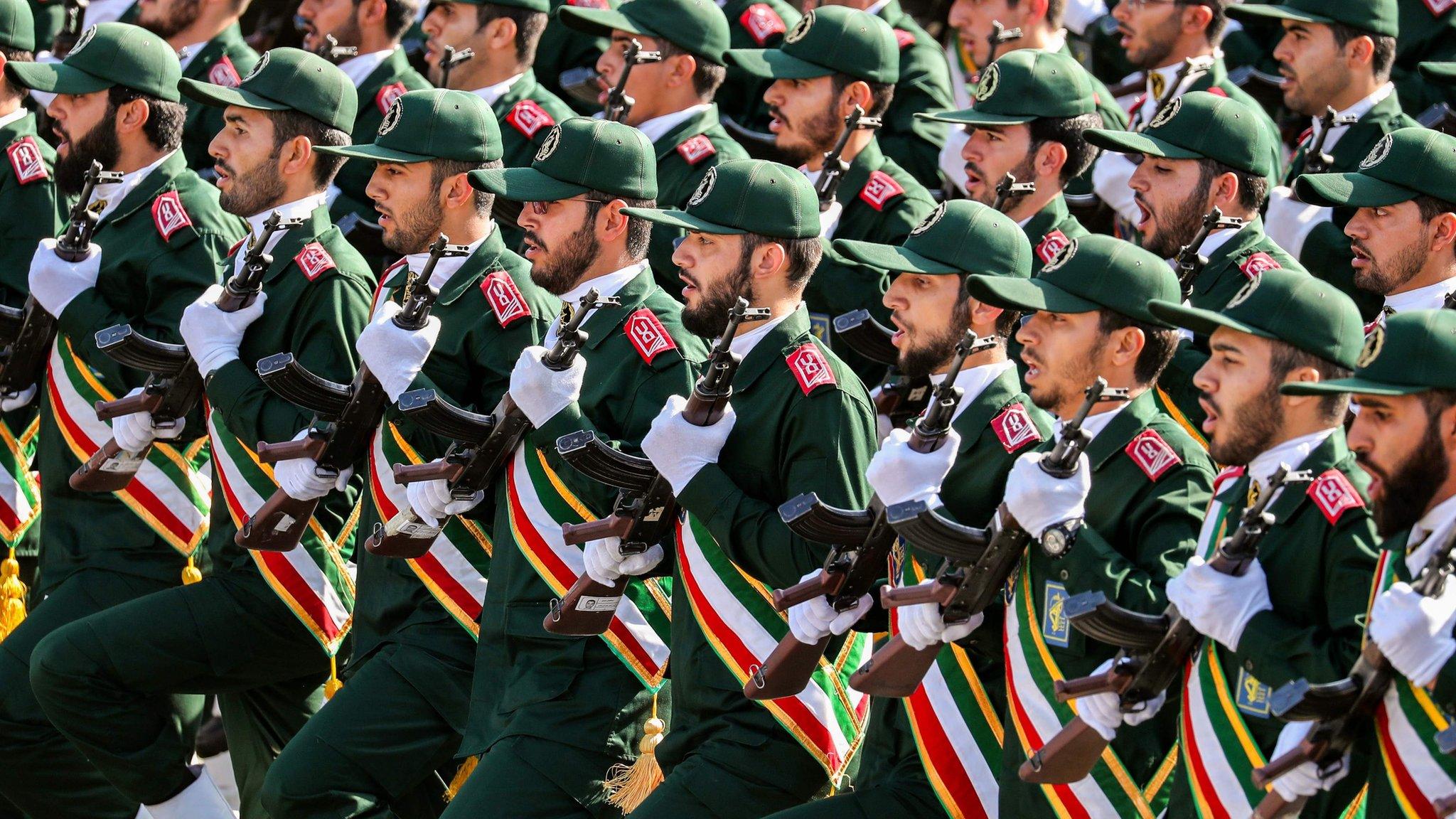
- Published15 October 2019
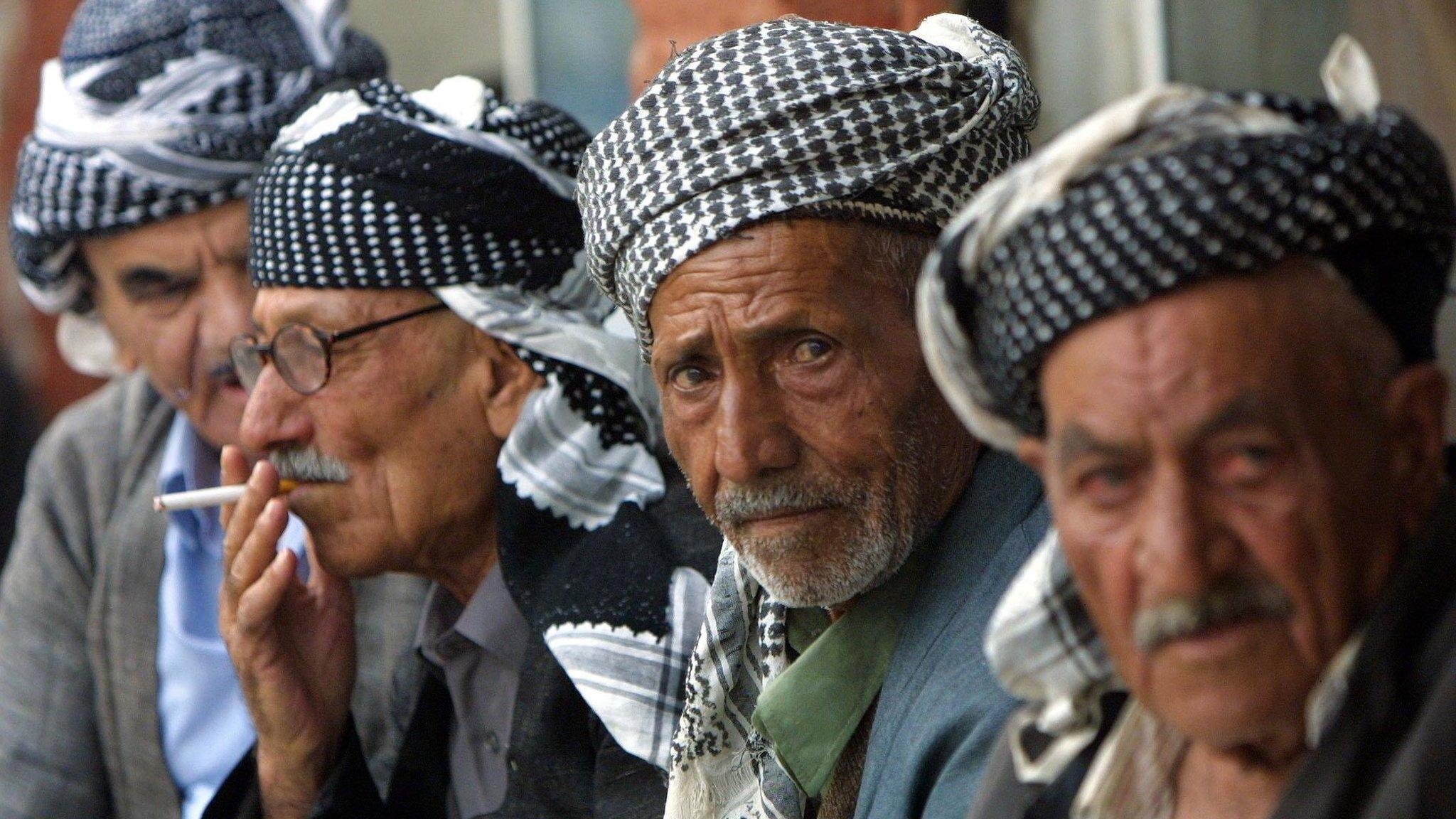
- Published10 October 2019
